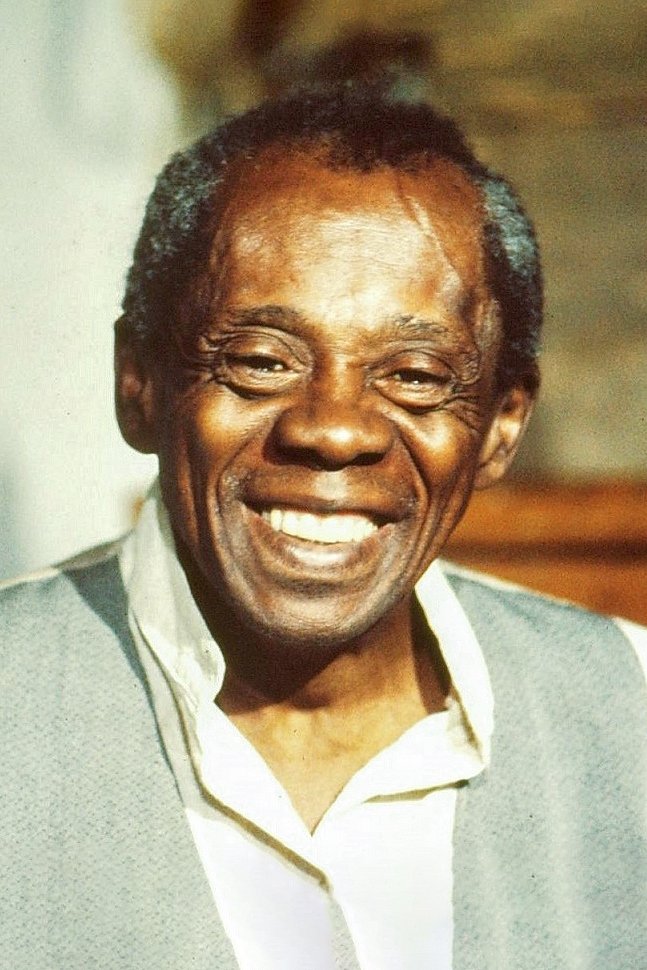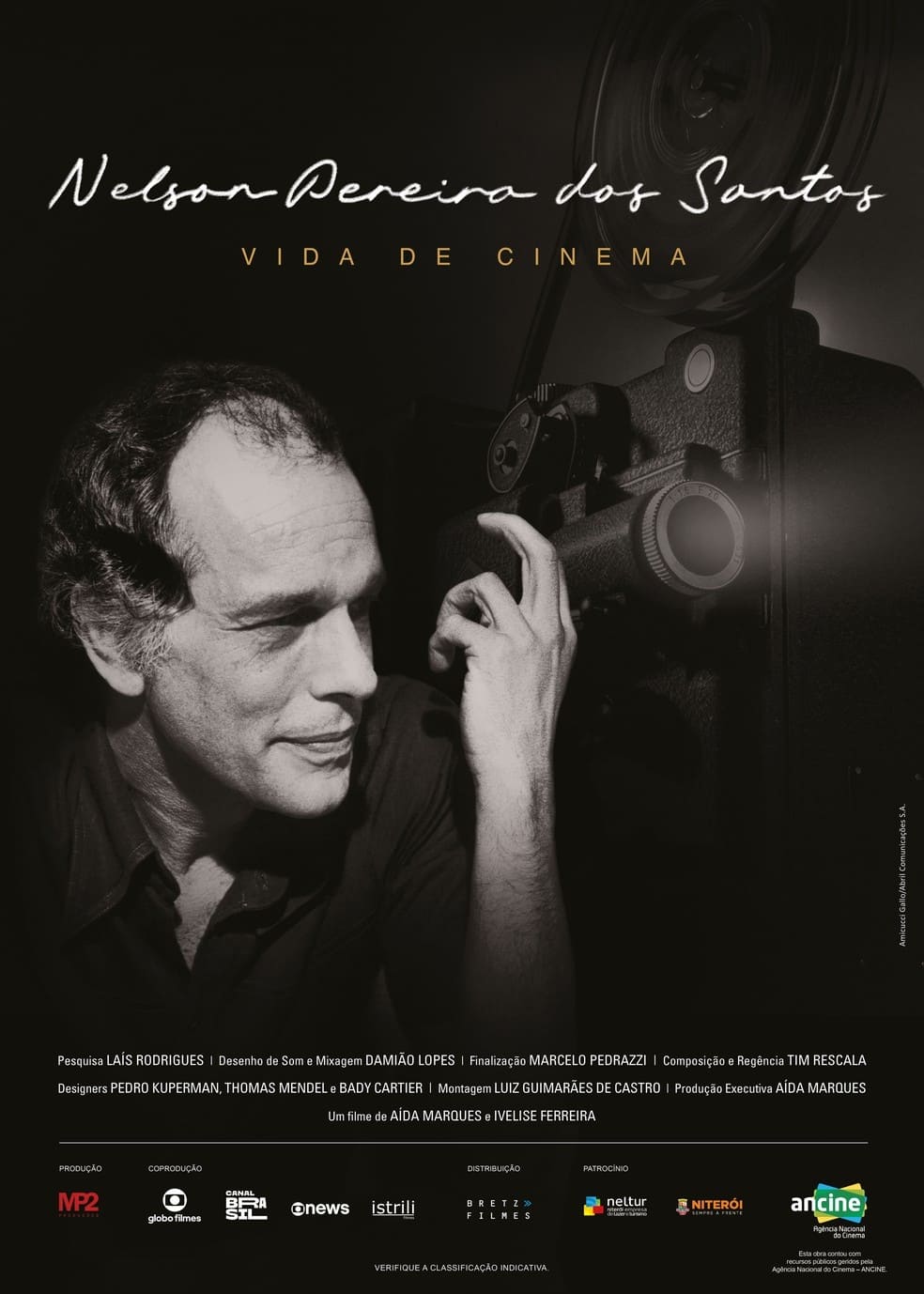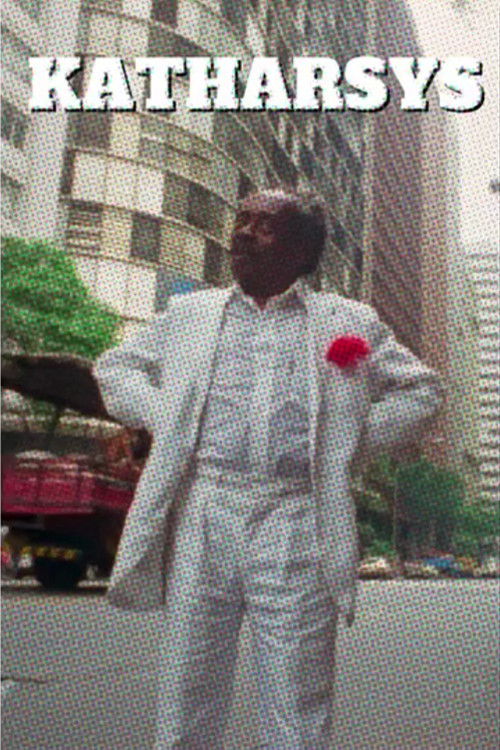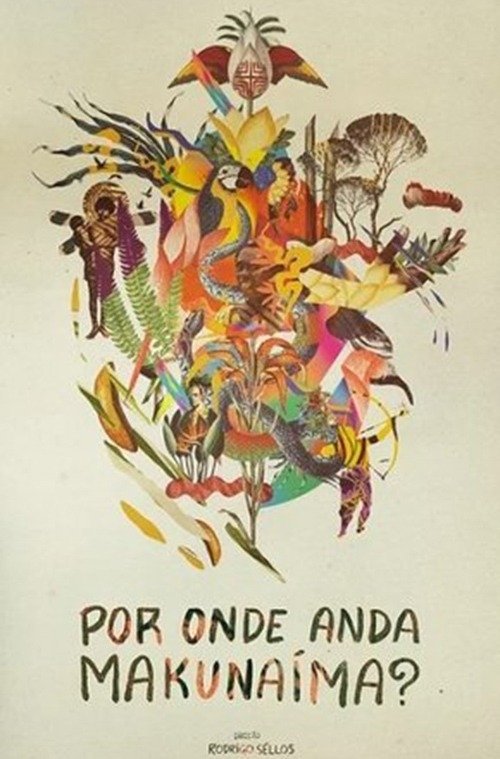

Grande Otelo, pseudonym of Sebastião Bernardes de Souza Prata OMC (Uberlândia, October 18, 1915 – Roissy-en-France, November 26, 1993), was a Brazilian actor, comedian, singer, producer and composer. He was an artist in Rio's casinos and in the so-called revue theater, he participated in several successful Brazilian films, including the famous chanchadas in the 1940s and 1950s, which he starred in in partnership with the comic Oscarito, and the film version of Macunaíma, made in 1969. He is often cited as one of the most important actors in Brazilian history.

For six decades, the cinema of Nelson Pereira dos Santos...

For this behemoth, Bressane took his opera omnia and edited...


Searching for Makunaima is a cultural and historical account of...